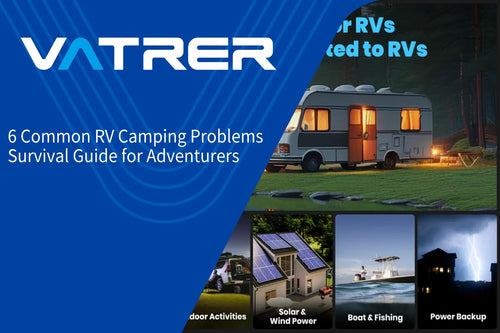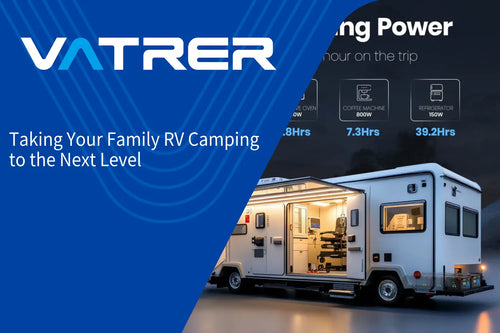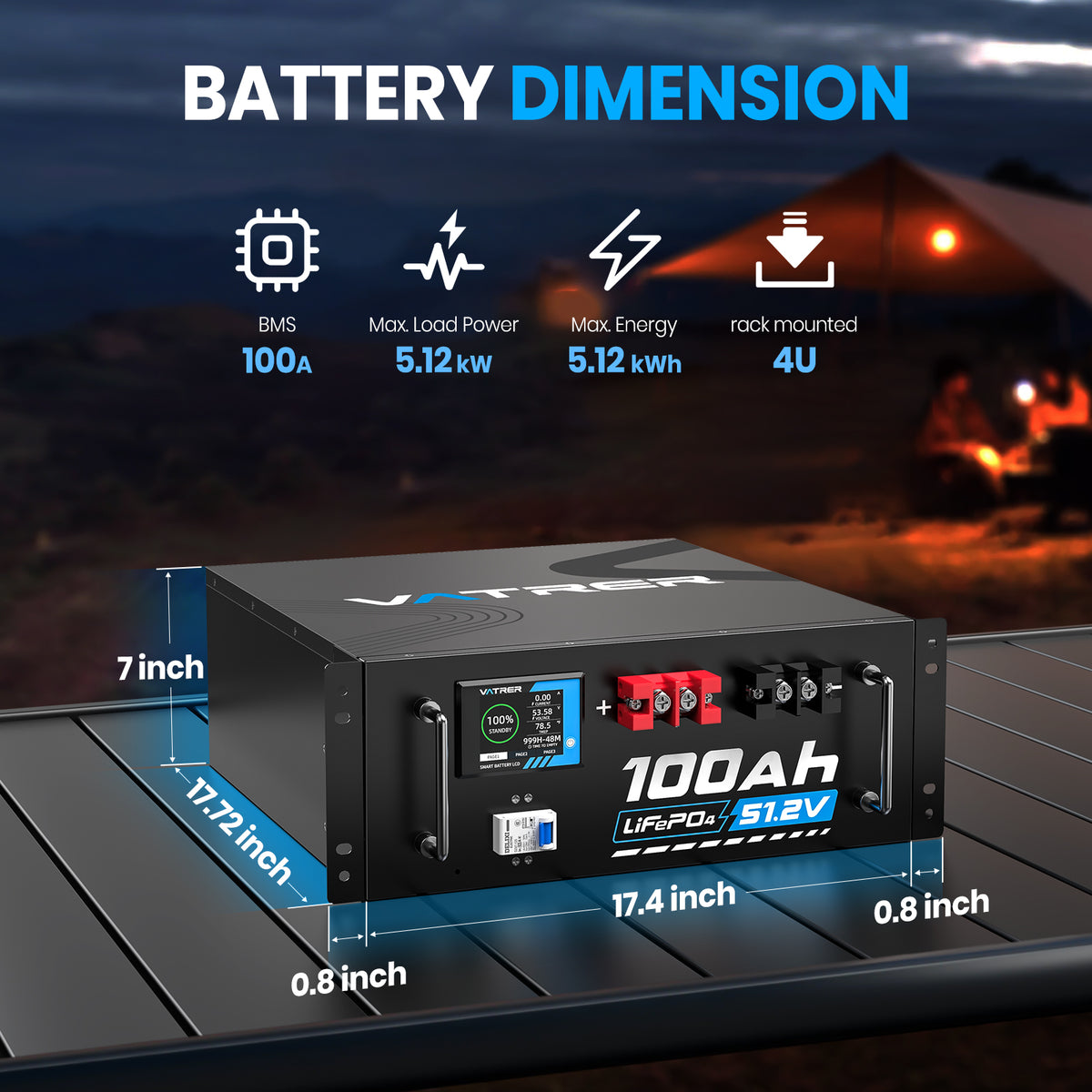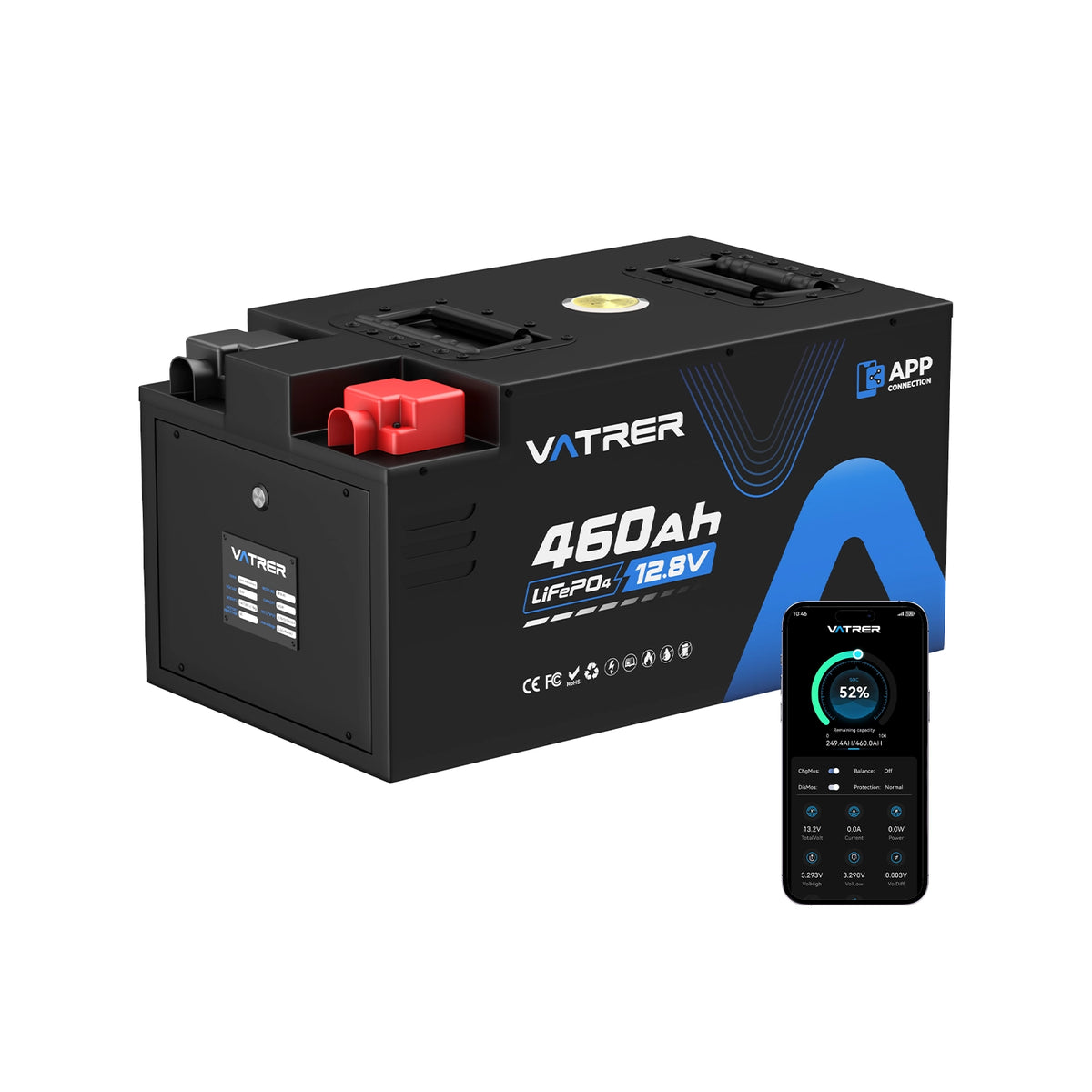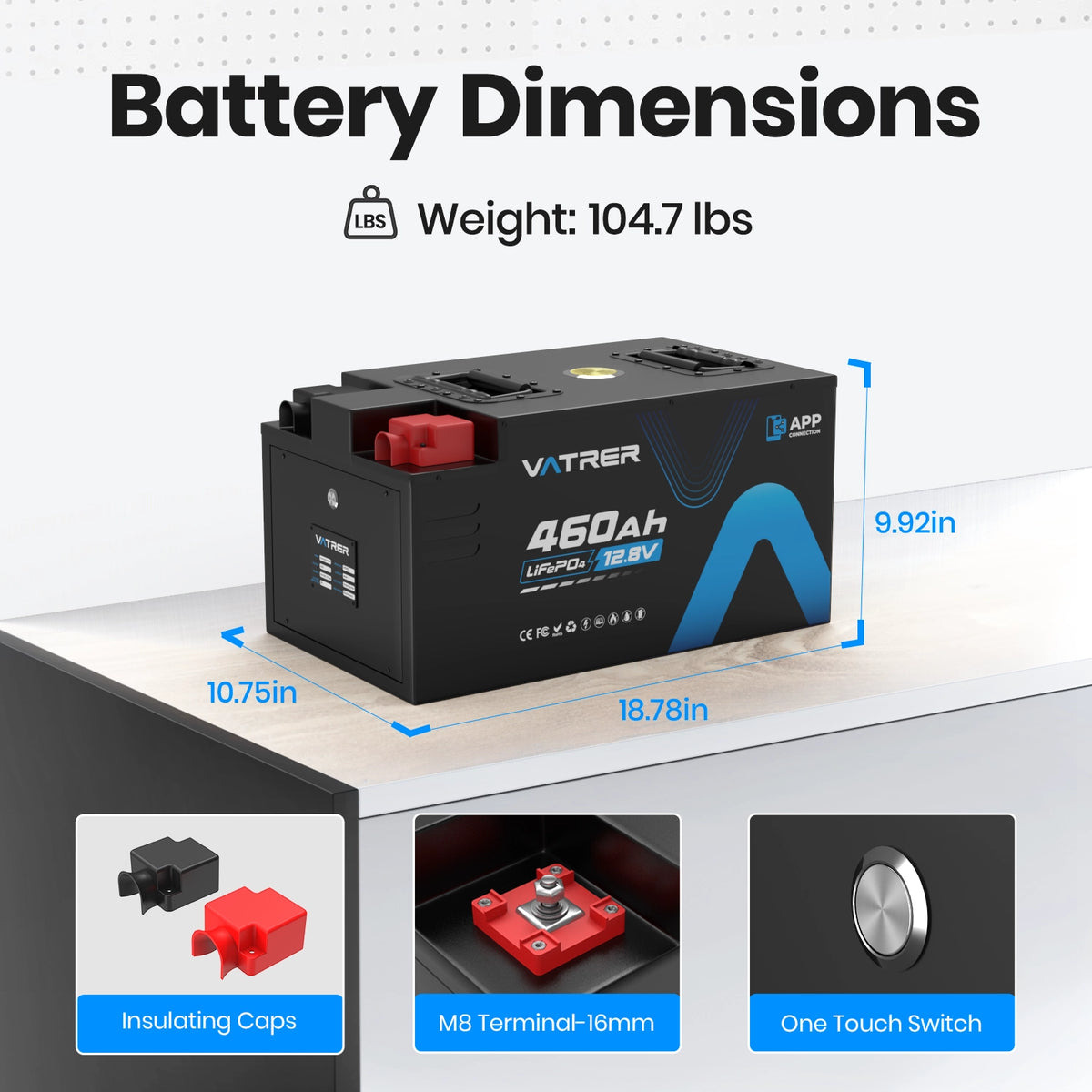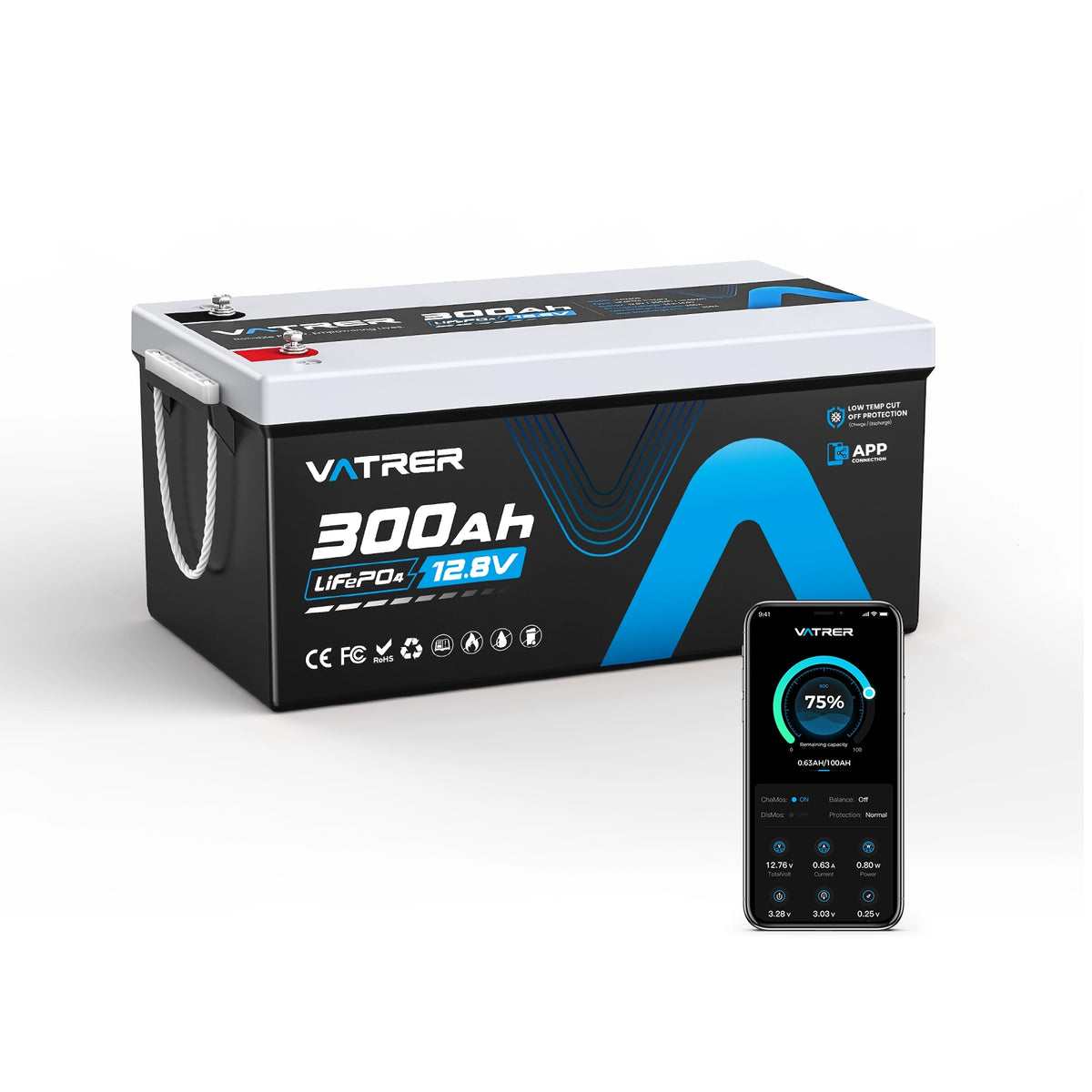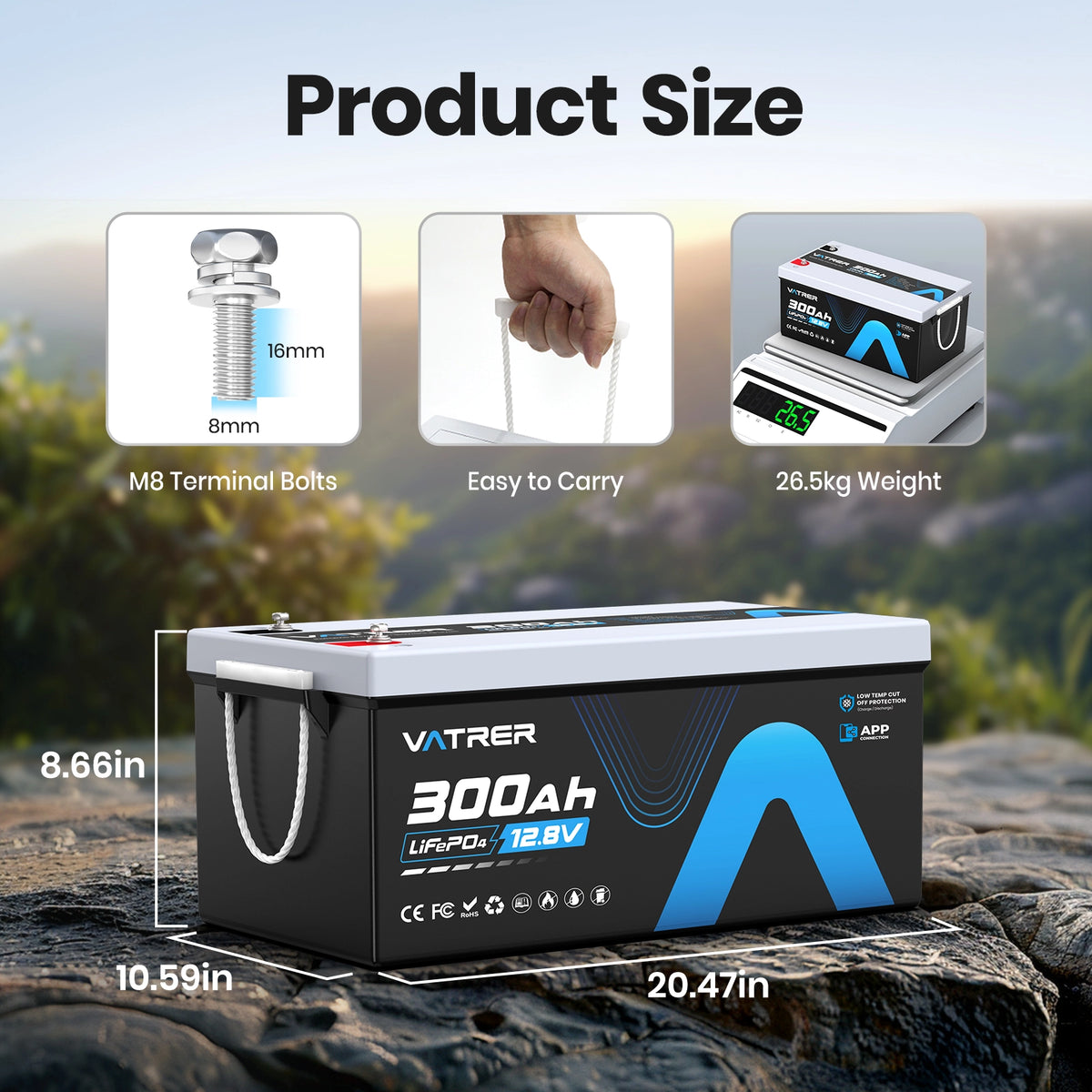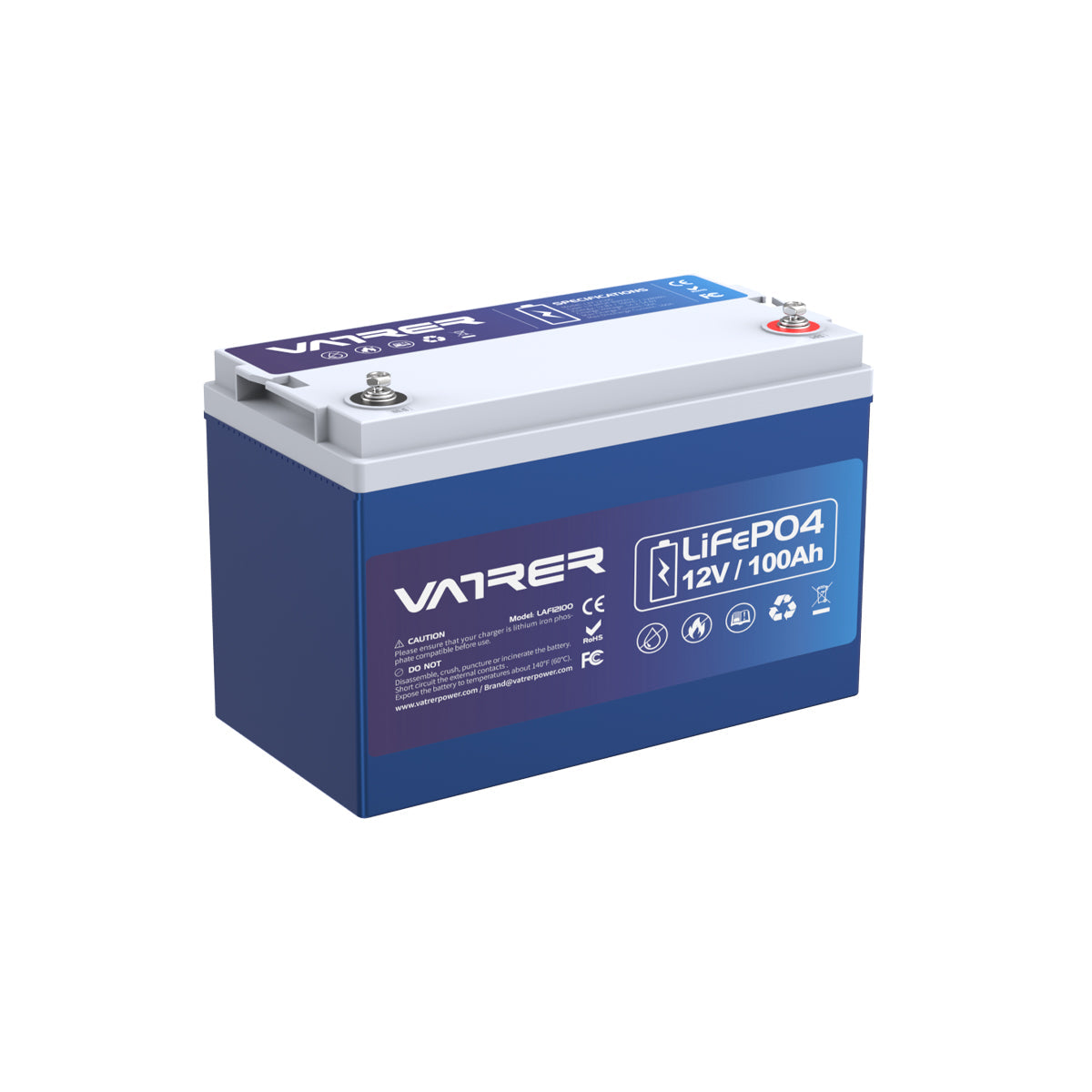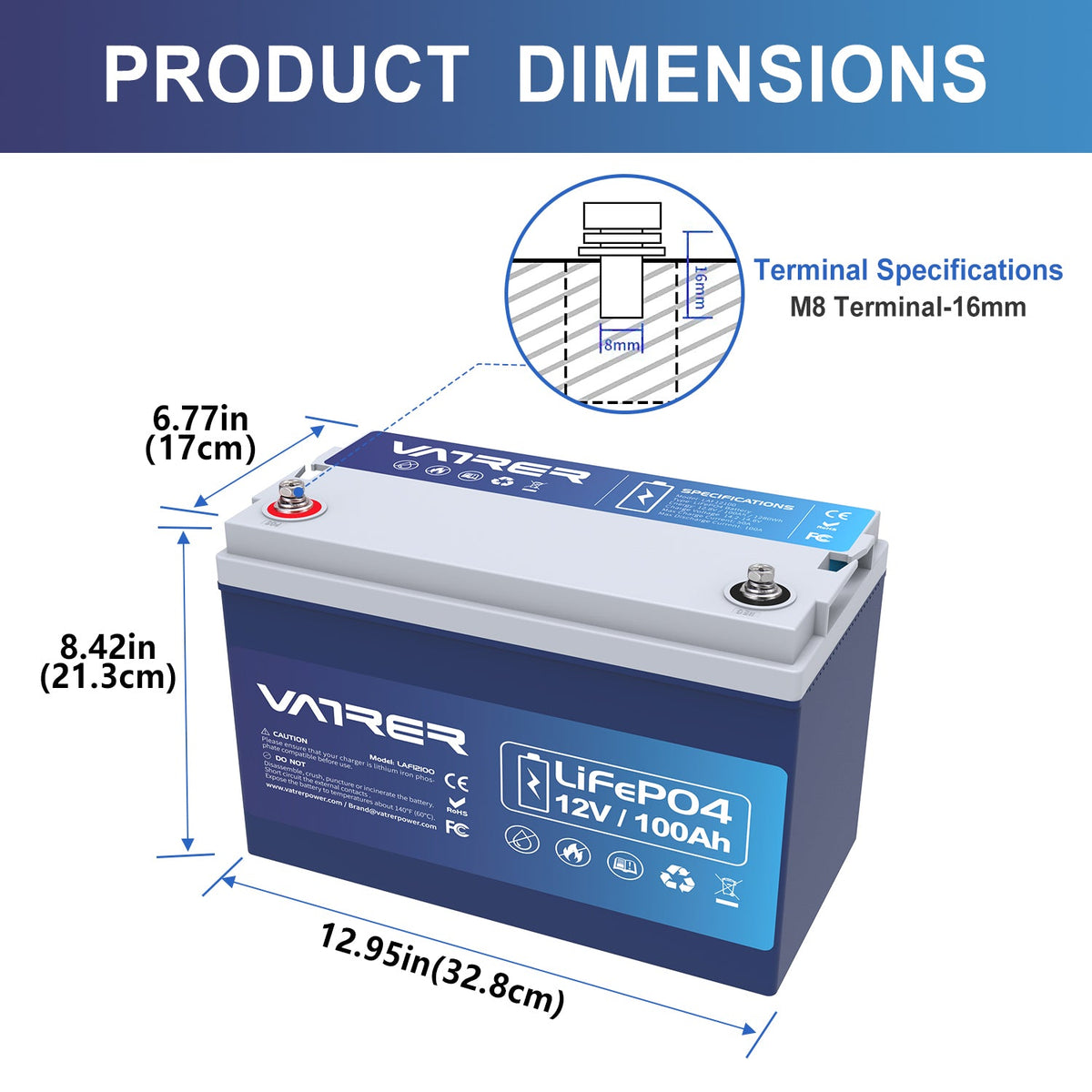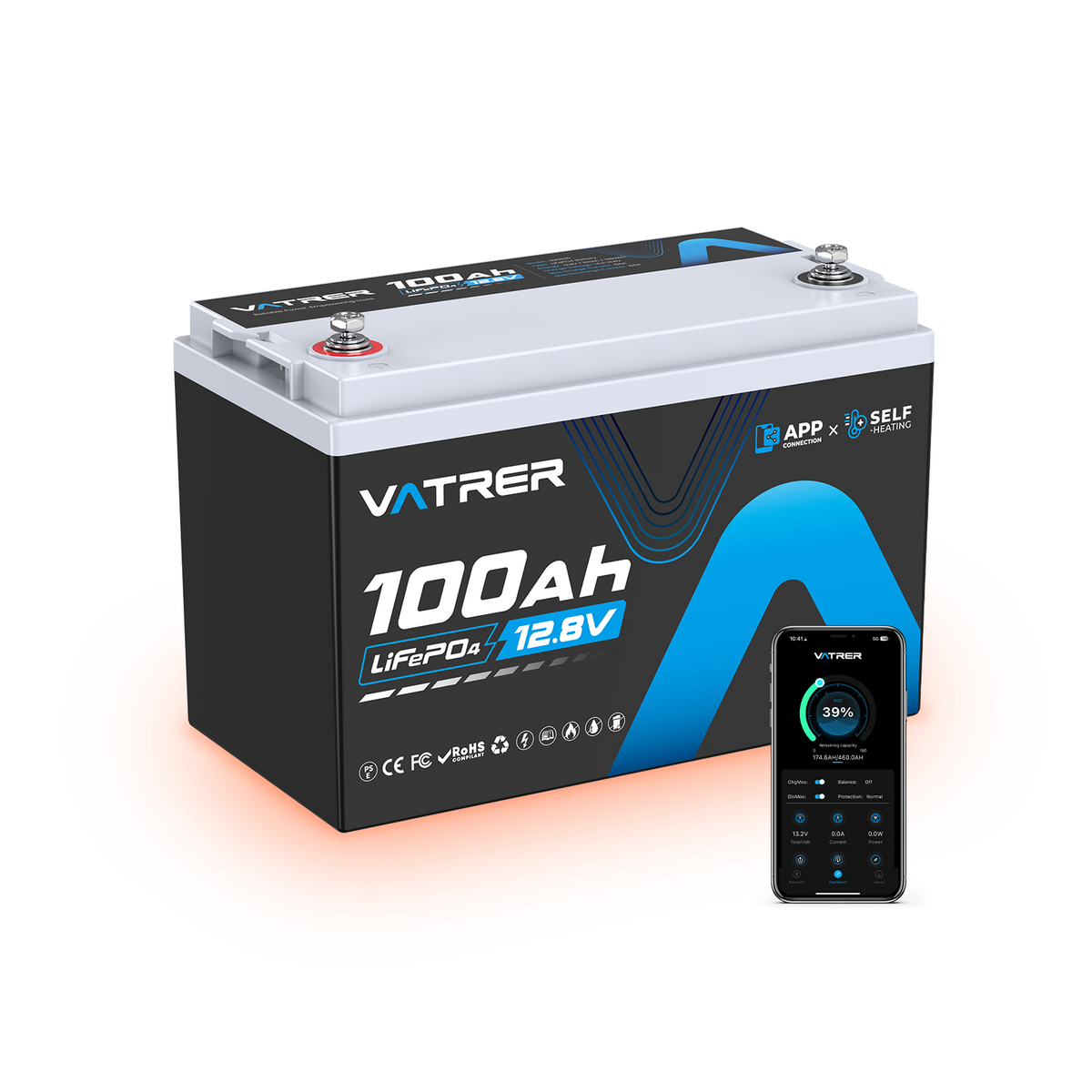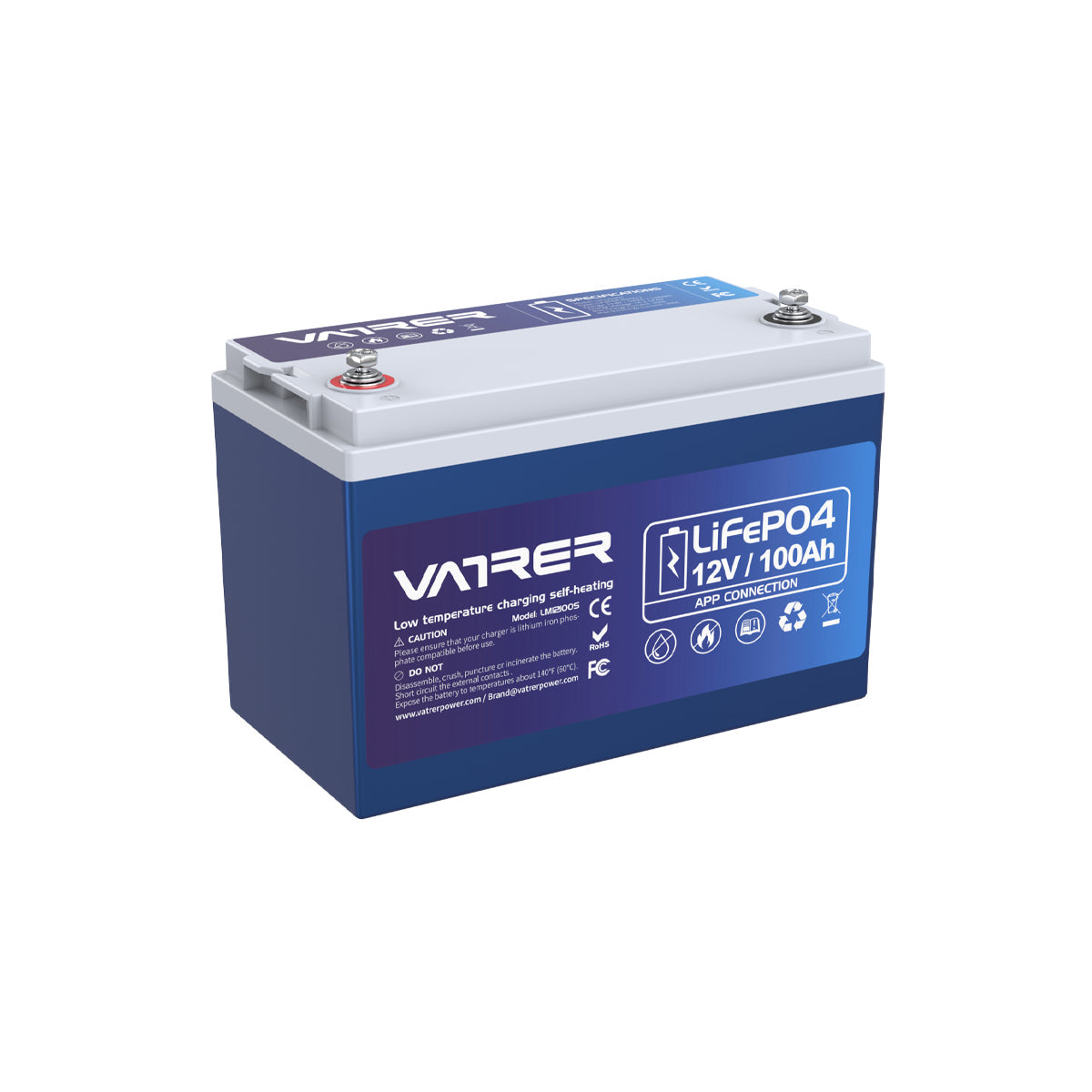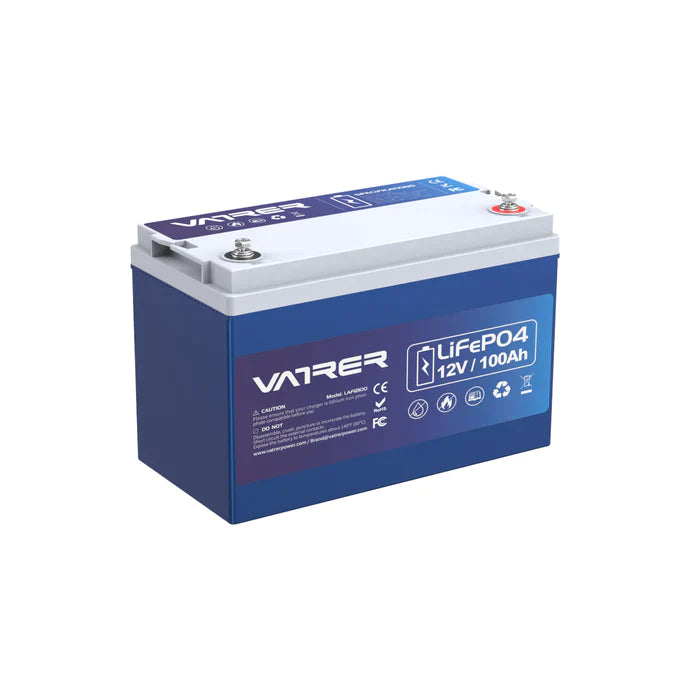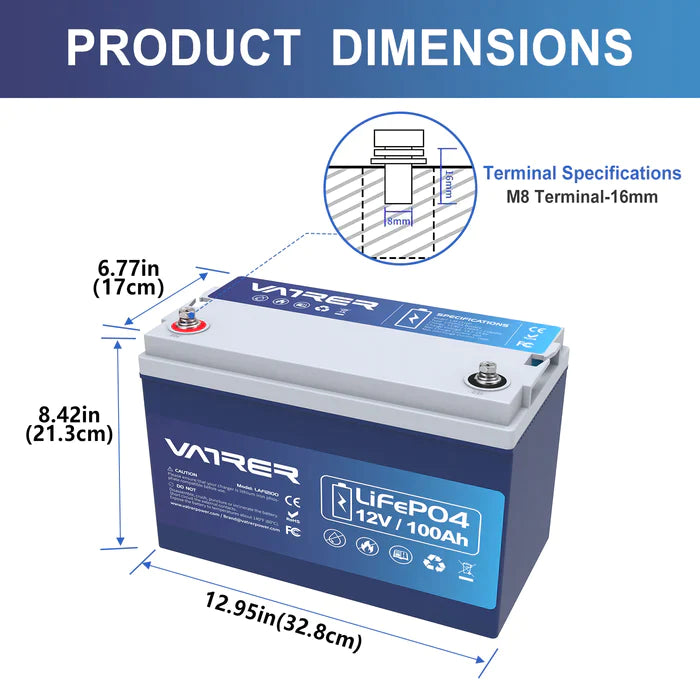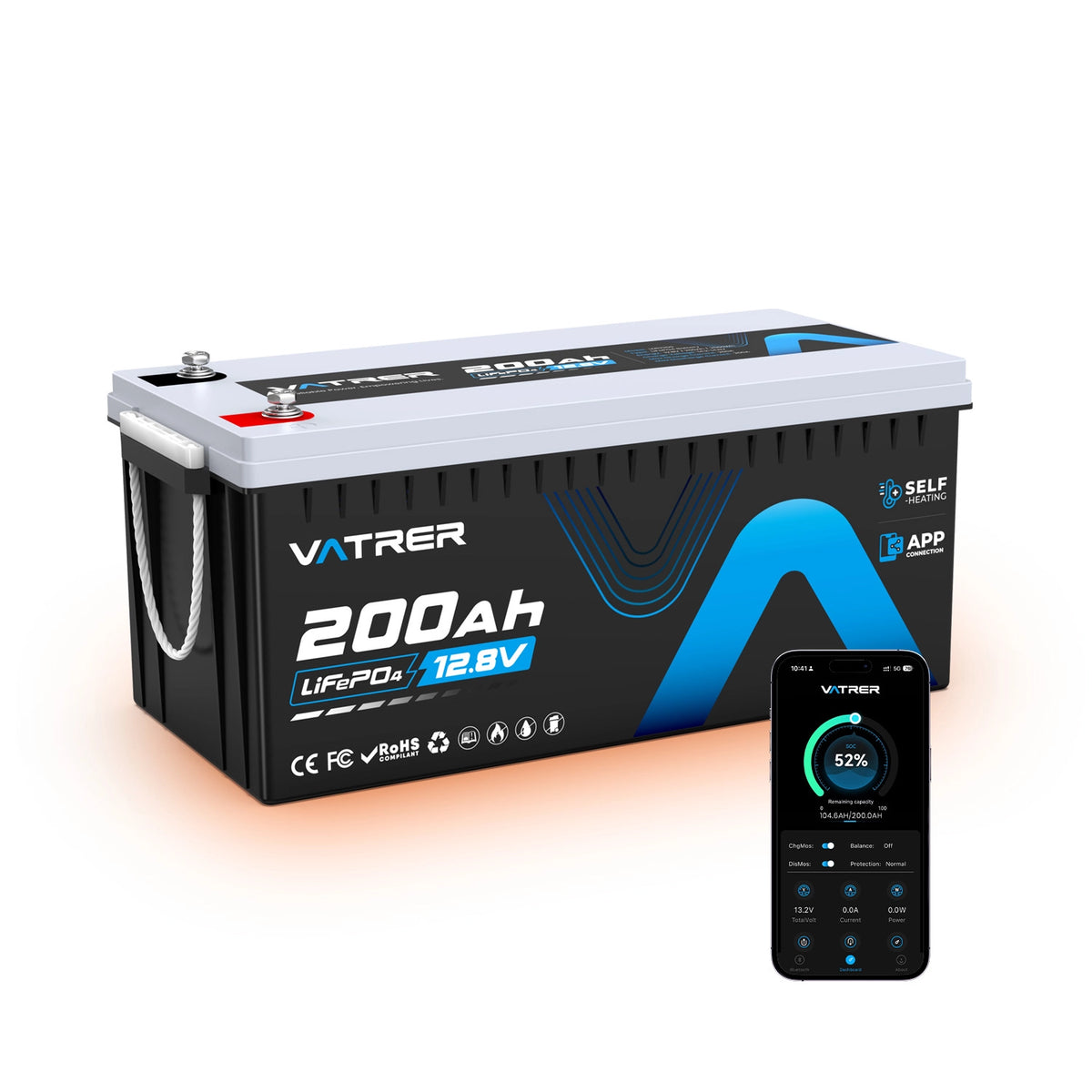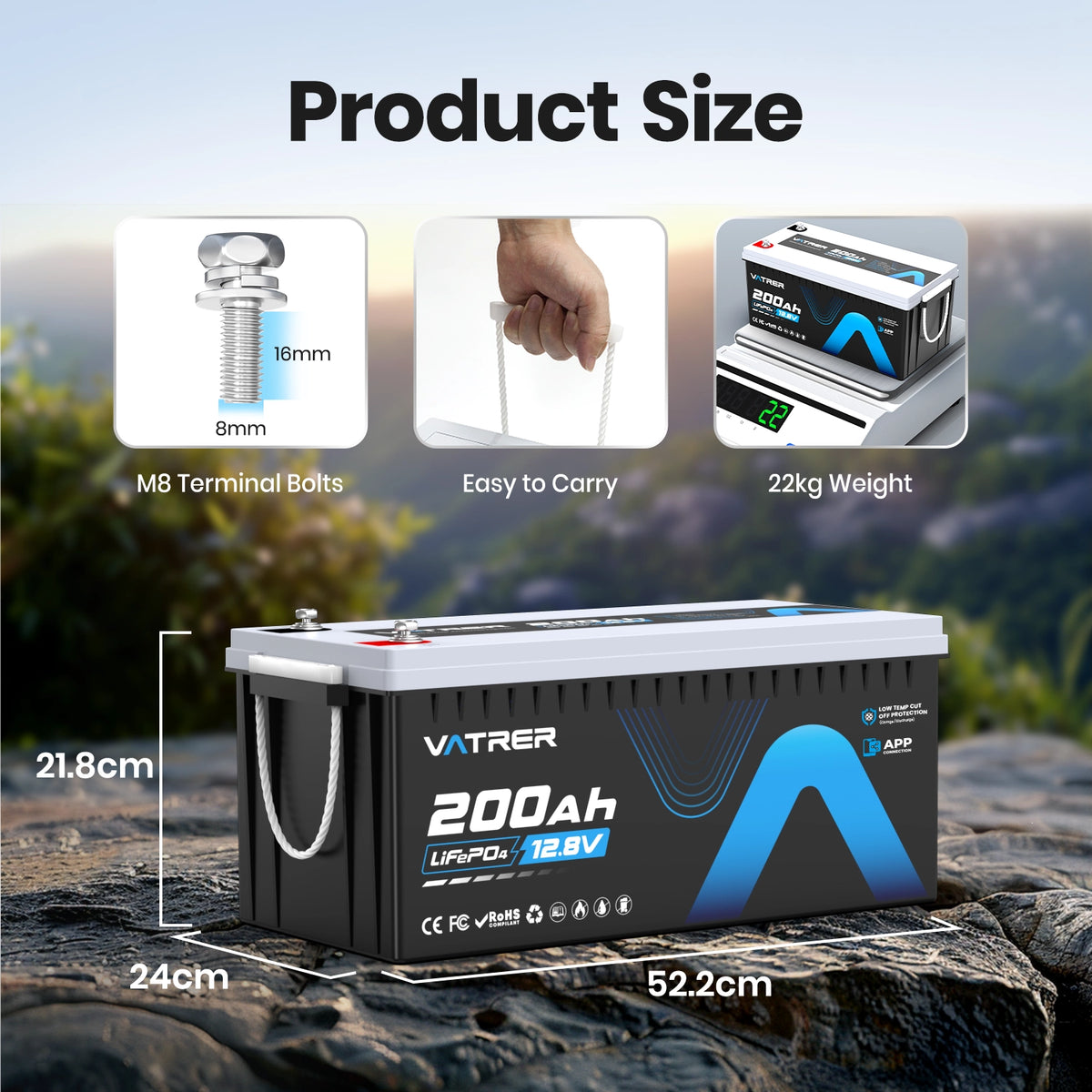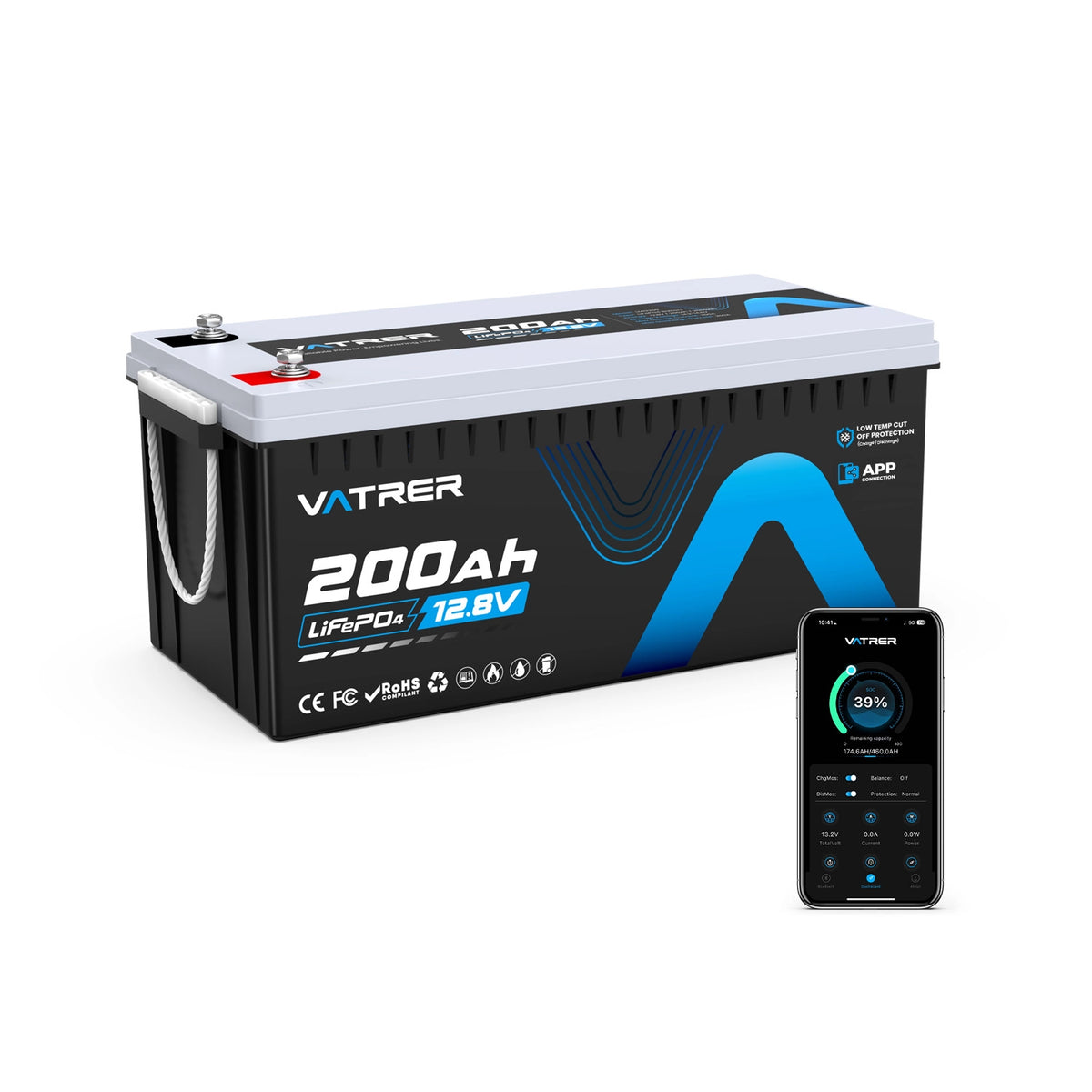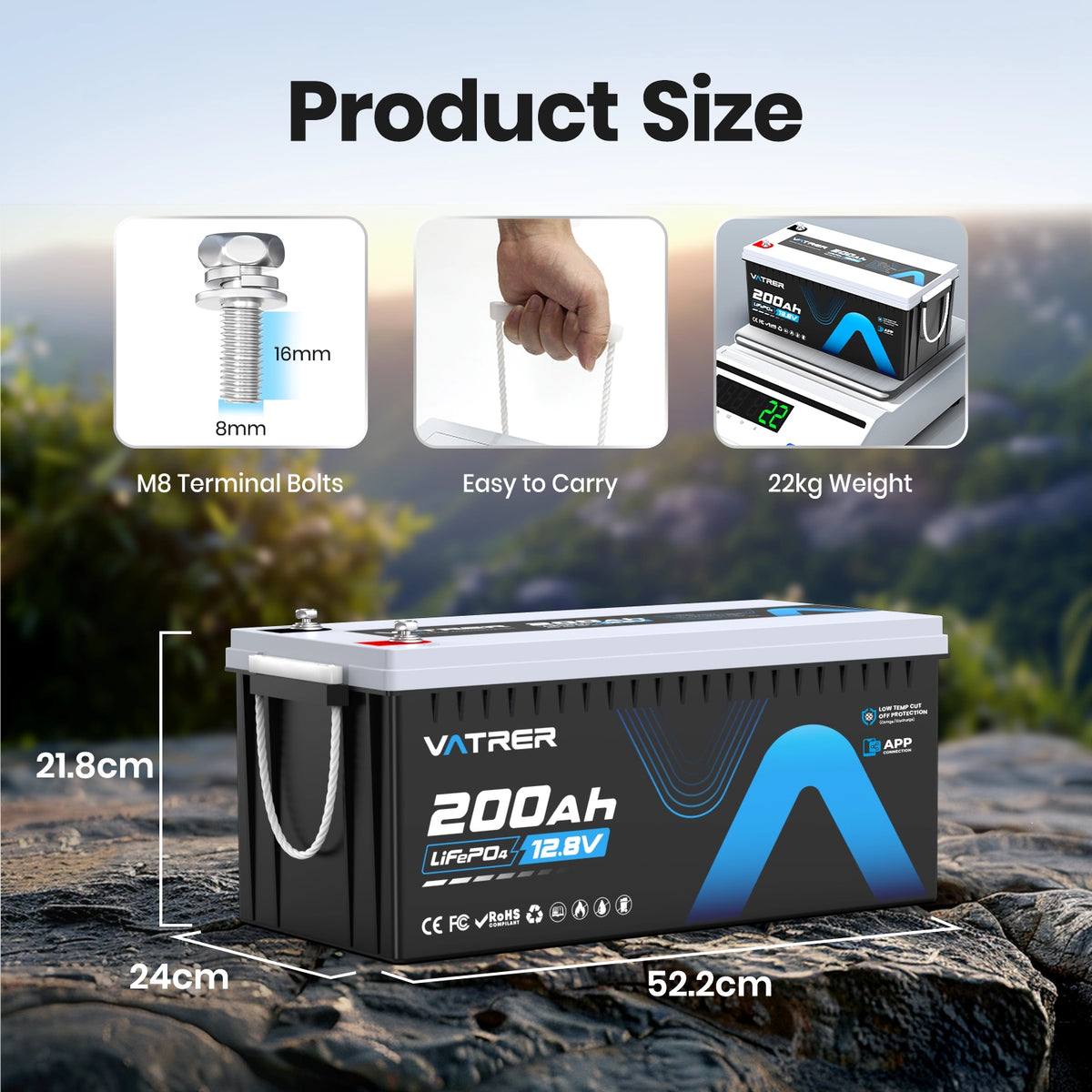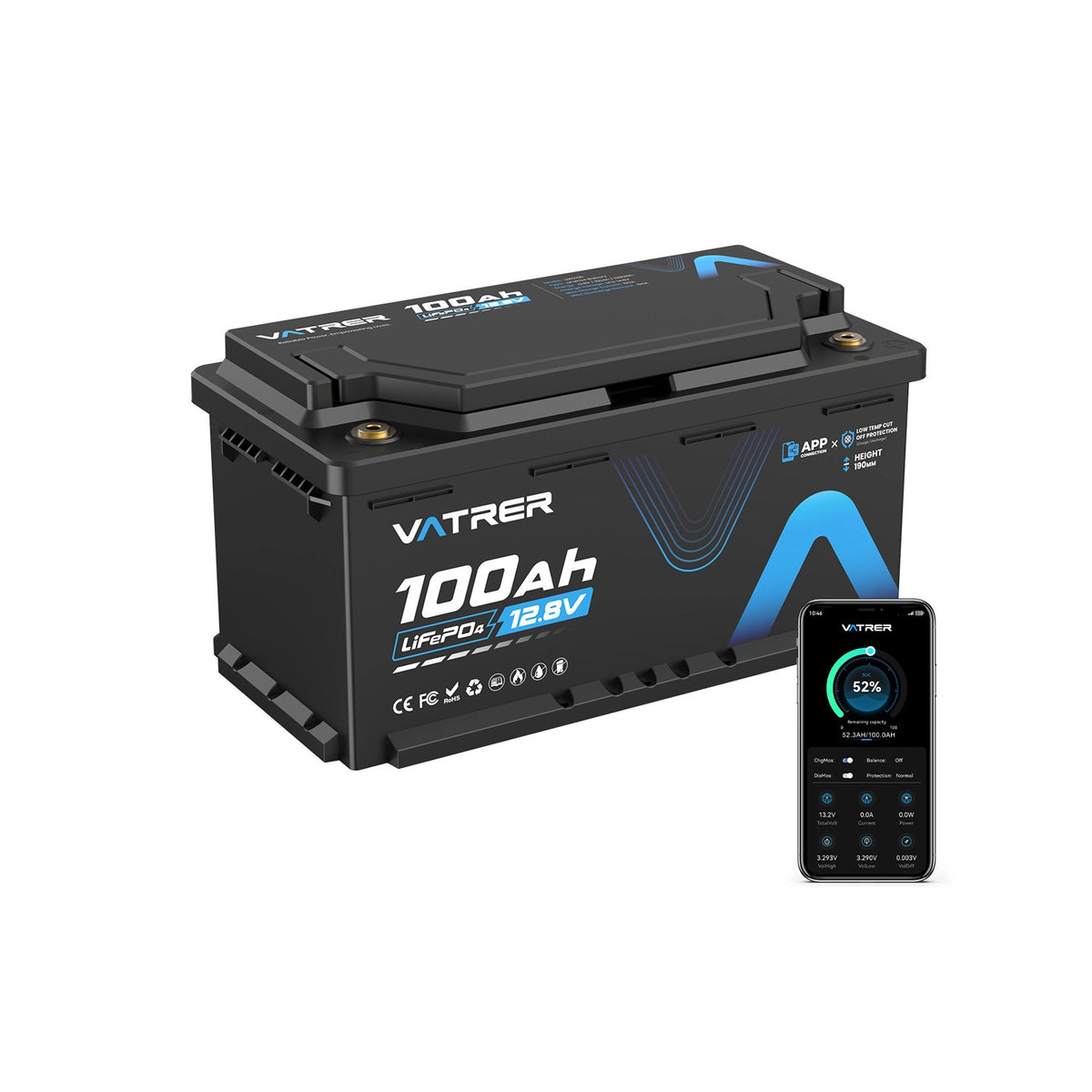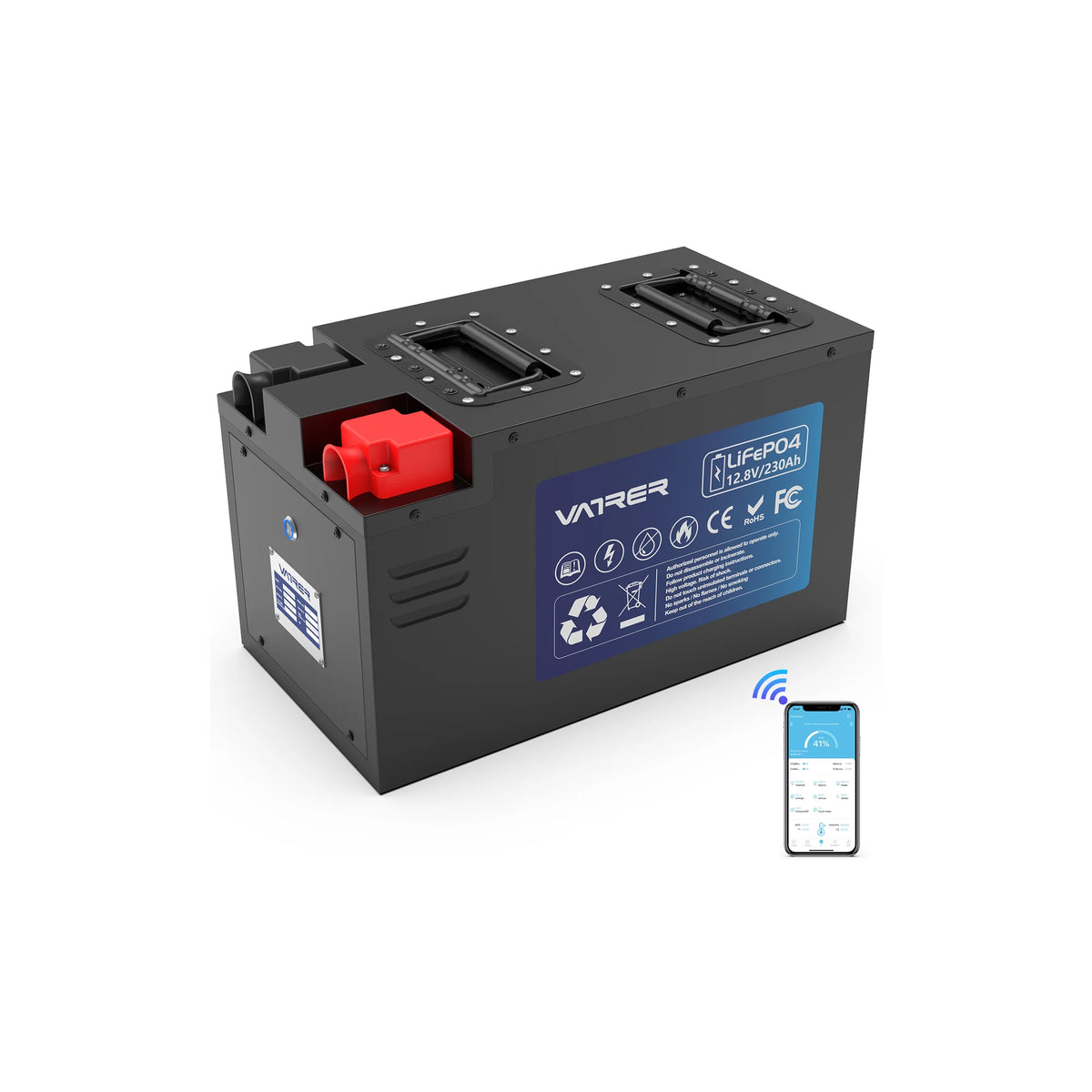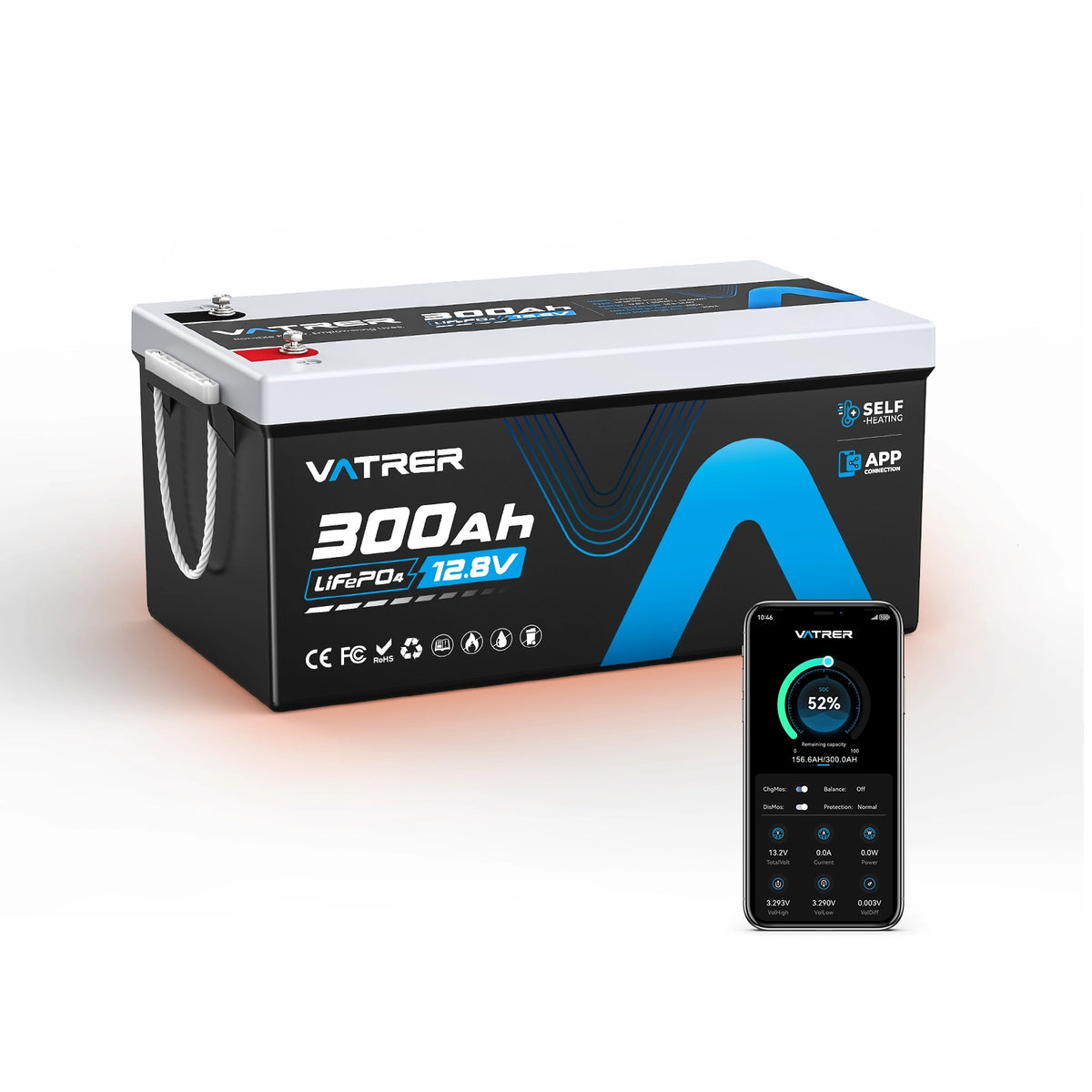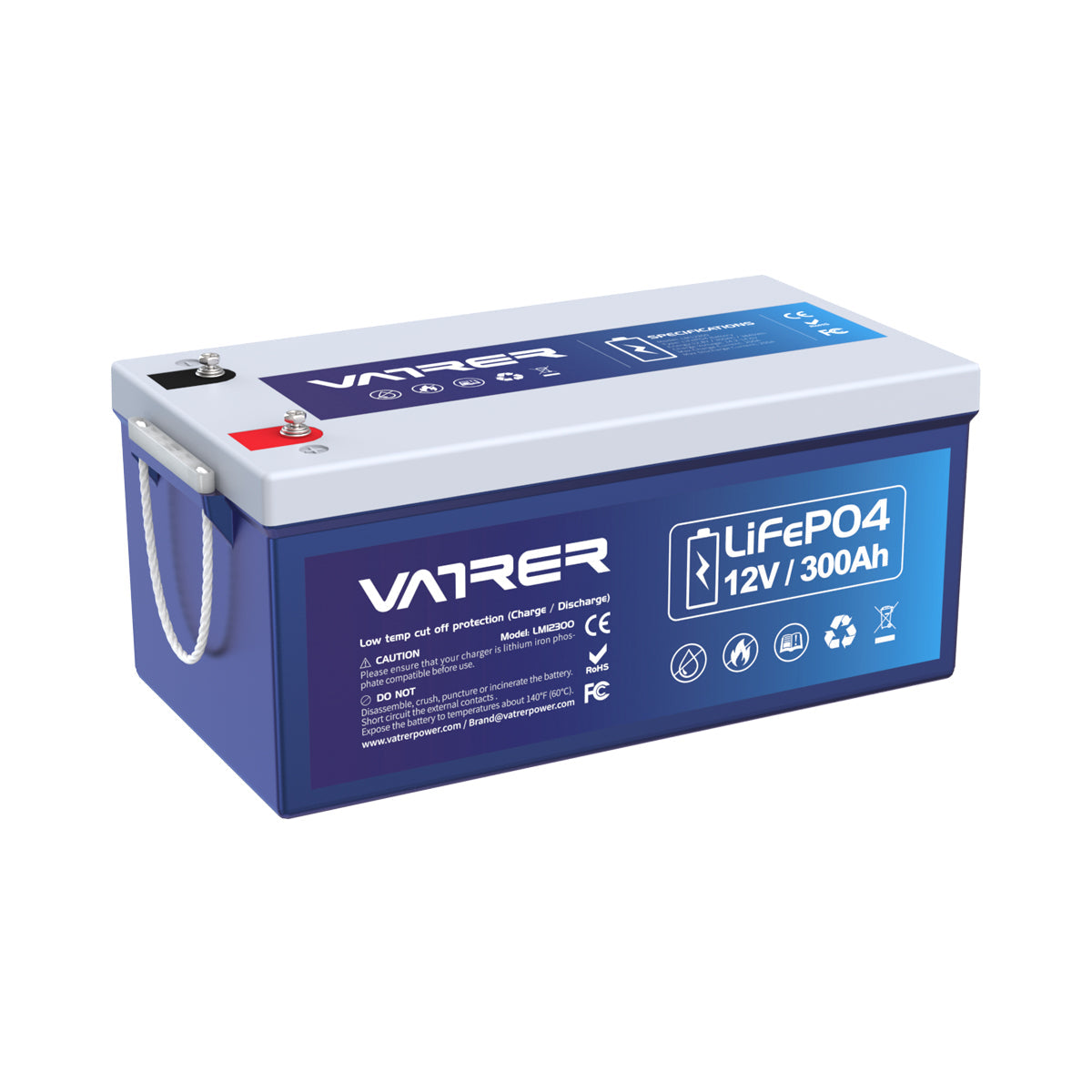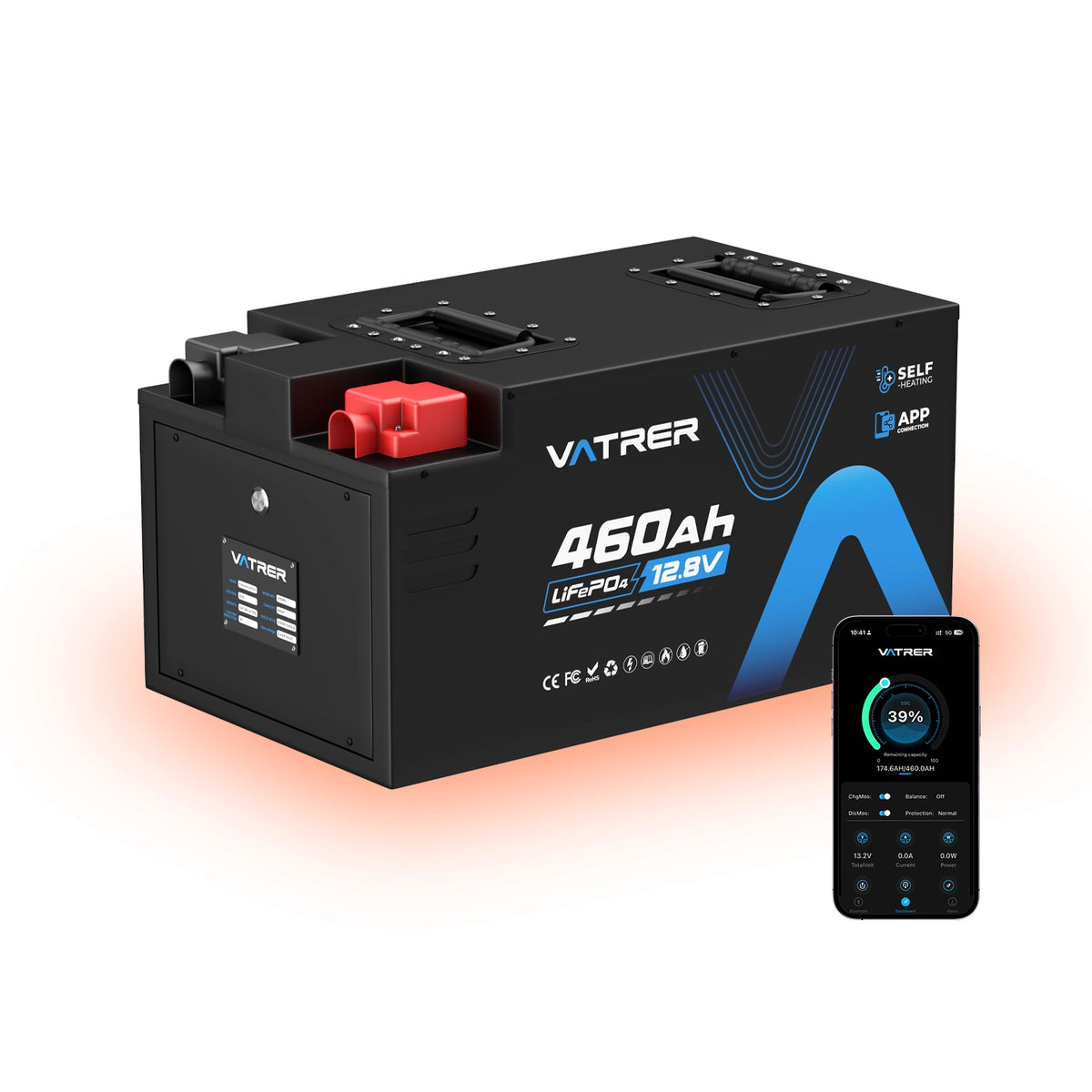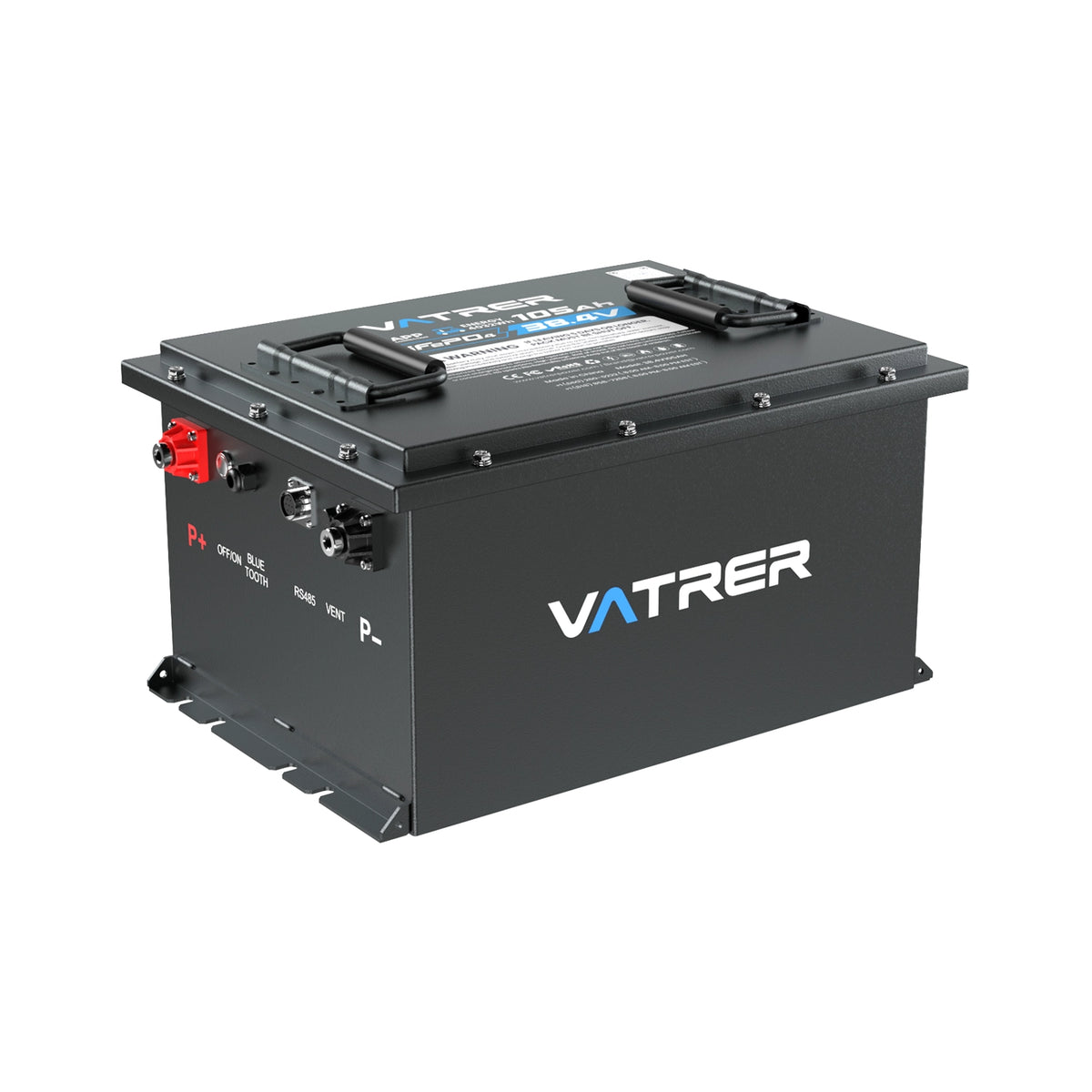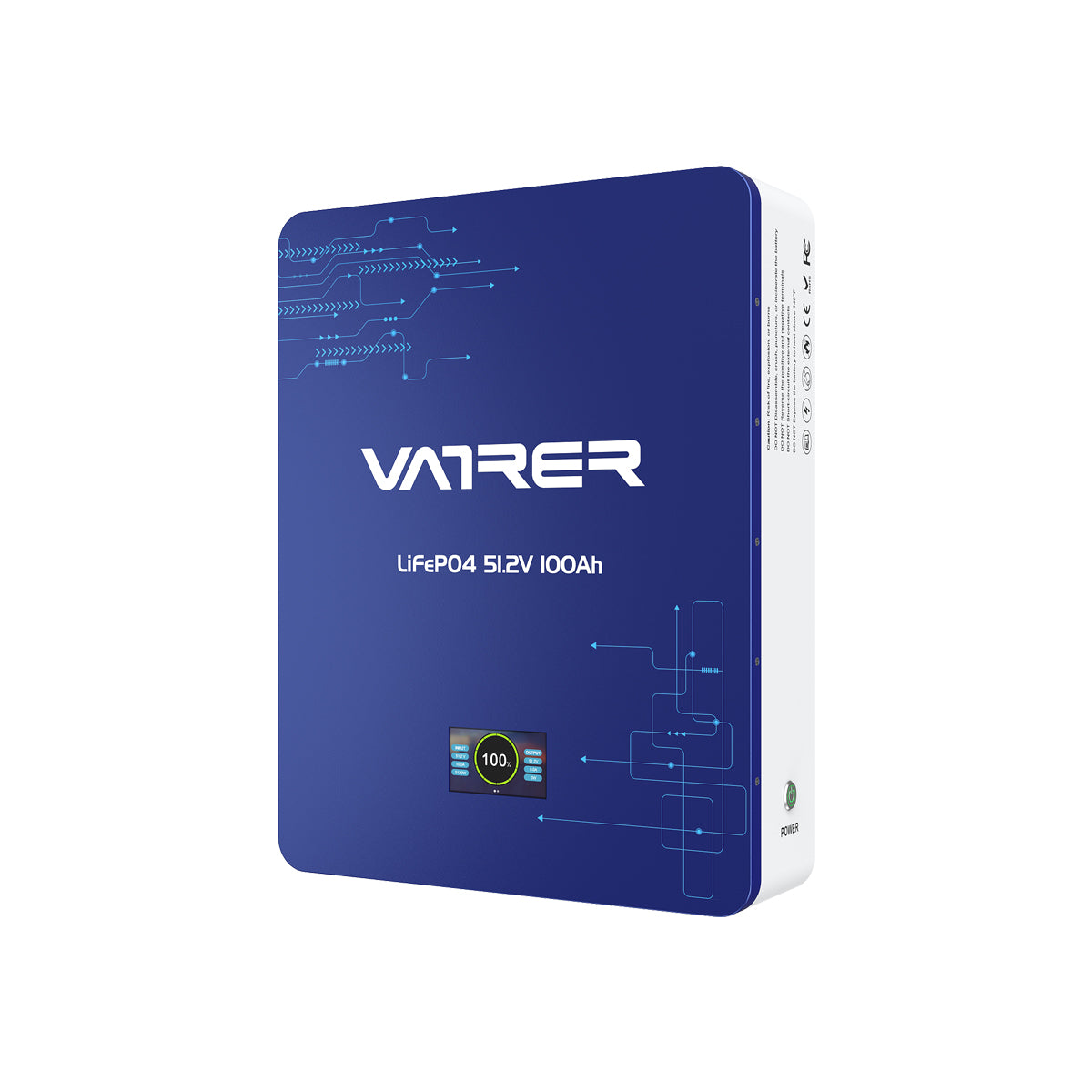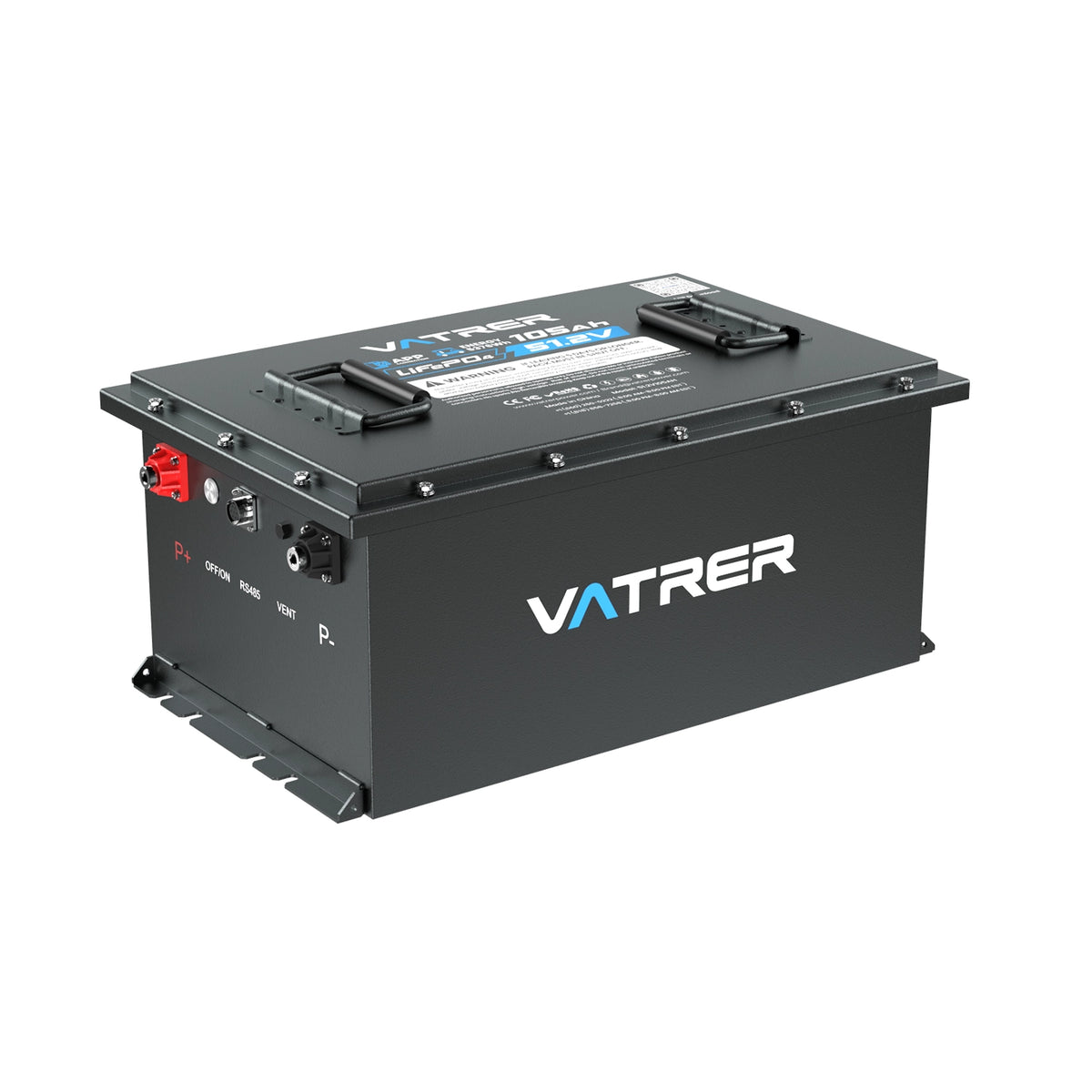1. Introduction
Overview of Solar Panel Systems
Solar panel systems have become increasingly popular as a sustainable energy solution, providing an eco-friendly alternative to traditional power sources. These systems convert sunlight into electricity through photovoltaic (PV) cells, which are then used to power homes, businesses, and even vehicles. The efficiency and reliability of a solar panel system depend on several factors, including the quality of the panels, the inverter, and the wiring used to connect the components.
Importance of Choosing the Correct Wire Gauge
One of the critical aspects of designing a solar panel system is selecting the appropriate wire gauge. The wire gauge determines the amount of current that can safely pass through the wire without causing overheating or energy loss. Using the correct wire gauge ensures that the system operates efficiently and safely, minimizing the risk of electrical fires and maximizing energy transfer.
2. Understanding Wire Gauge
Explanation of AWG (American Wire Gauge)
The American Wire Gauge (AWG) is a standardized system used to denote the diameter of electrical wires. The gauge number inversely correlates with the wire's diameter; a lower gauge number indicates a thicker wire. For instance, an 8 AWG wire is thicker than a 10 AWG wire. The thickness of the wire affects its current-carrying capacity and resistance, which are crucial factors in electrical installations.
Characteristics of 8 AWG Wire
An 8 AWG wire is relatively thick, with a diameter of approximately 3.26 mm (0.128 inches). It is capable of carrying a significant amount of current, typically up to 40-55 amps, depending on the insulation type and installation conditions. This makes it suitable for applications where higher current loads are expected, such as in solar panel systems with multiple panels connected in parallel.
Related Article:
Understanding AWG: What Does It Stand For?

3. Factors Influencing Wire Gauge Selection
Current Carrying Capacity
The current carrying capacity, or ampacity, of a wire is a primary consideration when selecting the appropriate gauge. It refers to the maximum amount of electric current a wire can carry before it risks overheating. For solar panel systems, the wire must be able to handle the combined current output of all connected panels. An 8 AWG wire, with its higher ampacity, is suitable for systems with higher current demands.
Voltage Drop Considerations
Voltage drop is another critical factor in wire gauge selection. It refers to the reduction in voltage as electricity travels through the wire. Excessive voltage drop can lead to inefficiencies and reduced performance of the solar panel system. To minimize voltage drop, thicker wires (lower AWG numbers) are preferred, especially for longer distances. An 8 AWG wire offers a good balance between thickness and flexibility, reducing voltage drop over extended runs.
Distance and Resistance
The distance between the solar panels and the inverter or charge controller also influences the choice of wire gauge. Longer distances increase the resistance in the wire, leading to higher voltage drops. An 8 AWG wire, with its lower resistance, is advantageous for installations where the panels are located far from the other system components.
4. Suitability of 8 AWG Wire for Solar Panels
Typical Applications and Scenarios
8 AWG wire is commonly used in solar panel installations where the system's current output is relatively high, or the distance between components is significant. It is suitable for connecting multiple panels in parallel, where the combined current can exceed the capacity of thinner wires. Additionally, 8 AWG wire is often used in systems with higher wattage panels, ensuring efficient energy transfer and minimal losses.
Comparison with Other Wire Gauges
When compared to other wire gauges, such as 10 AWG or 12 AWG, 8 AWG wire offers higher current carrying capacity and lower resistance. This makes it a preferred choice for larger solar panel systems or installations with longer cable runs. However, it is essential to balance the benefits of using thicker wire with the increased cost and reduced flexibility associated with larger gauges.
5. Installation Considerations
Safety Standards and Regulations
When installing solar panel systems, it is crucial to adhere to safety standards and regulations to ensure the system's reliability and safety. The National Electrical Code (NEC) provides guidelines for wire sizing, installation practices, and safety measures. Using 8 AWG wire in compliance with these standards helps prevent overheating, electrical fires, and other hazards.
Connector Compatibility
Another consideration when using 8 AWG wire is connector compatibility. Many solar panel connectors, such as MC4 connectors, are designed for specific wire gauges. It is essential to ensure that the connectors used in the installation are compatible with 8 AWG wire to maintain a secure and efficient connection.
6. Conclusion
Summary of Findings
In summary, 8 AWG wire is a suitable choice for solar panel installations with higher current demands or longer distances between components. Its higher current carrying capacity and lower resistance make it an efficient option for minimizing voltage drop and maximizing energy transfer. However, it is essential to consider the specific requirements of the solar panel system, including current output, distance, and connector compatibility, when selecting the appropriate wire gauge.
Recommendations for Solar Panel Installations
For optimal performance and safety, it is recommended to conduct a thorough assessment of the solar panel system's requirements before selecting the wire gauge. Consider factors such as current carrying capacity, voltage drop, and distance to determine if 8 AWG wire is the best choice for your installation. Additionally, ensure compliance with safety standards and regulations to protect the system and its users. By carefully selecting the appropriate wire gauge, you can enhance the efficiency and reliability of your solar panel system, contributing to a sustainable and eco-friendly energy solution.

